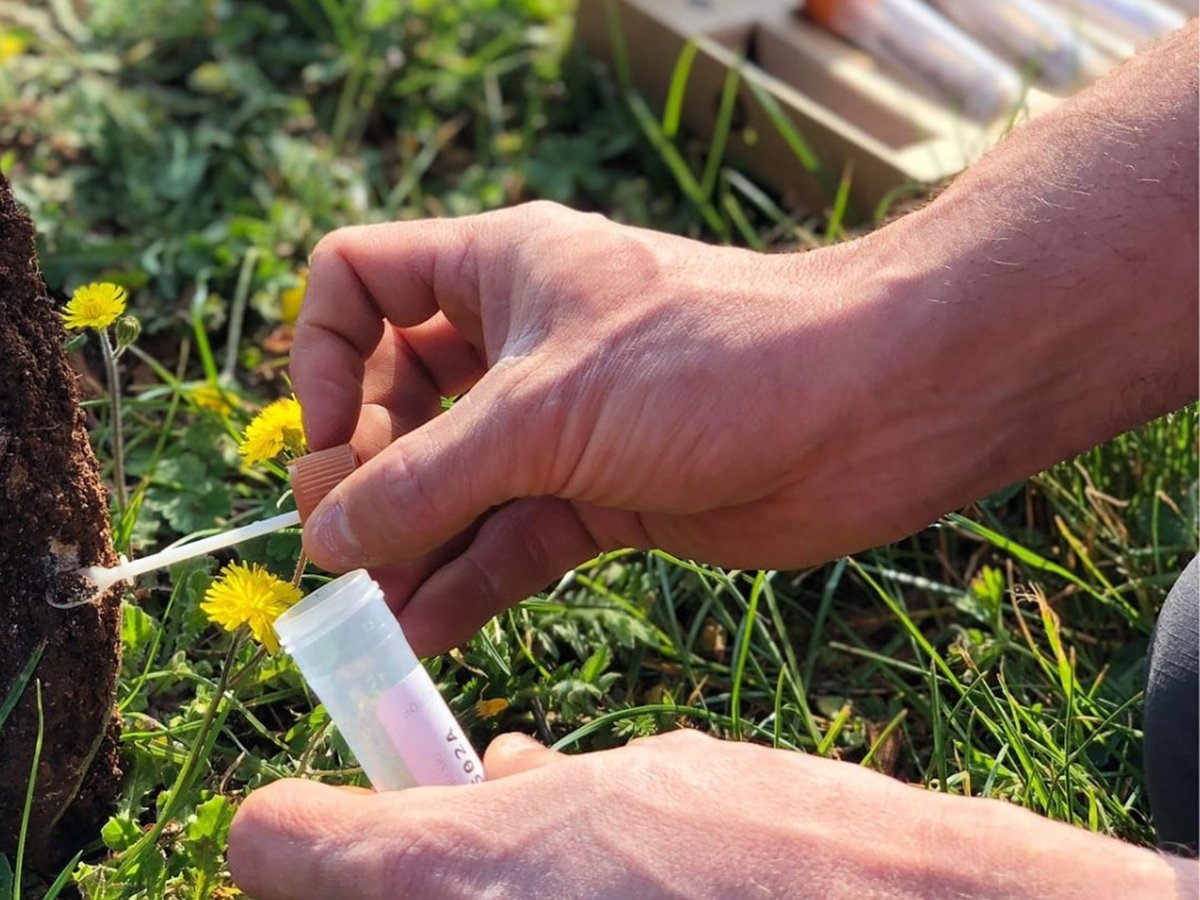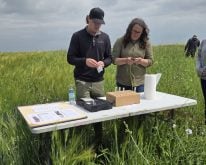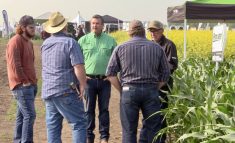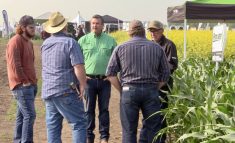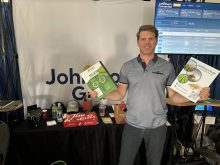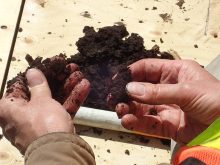A new partnership aims to bring greater clarity to the murky world of agricultural biologicals.
Announced earlier this year, the initiative pairs ag-input platform AgList with soil microbiome analytics firm Biome Makers to introduce a new badge-type system signalling when products have undergone independent, science-based testing.
AgList, a new platform launched this past January, lets farmers and agronomists browse a curated database of biological inputs. Users can endorse products they’ve had success with, helping others make informed decisions based on shared experiences. The company describes itself as “Yelp for agriculture” but without the negative reviews.
Read Also

Feds propose overhaul of chronic wasting disease control program
Chronic Wasting disease control program getting updated by Canadian Food Inspection Agency with feedback encouraged from producers.
Biome Makers is a global ag-tech company specializing in soil biology founded in 2015 by biotech entrepreneurs Alberto Acedo and Adrián Ferrero.
Its flagship platform, BeCrop, analyzes the functional potential of soil microbial communities in the lab. BeCrop Trials builds on that foundation by measuring how specific inputs affect the soil microbiome under real-world field conditions.
It is the first company to contribute field trial data to AgList. Products tested through BeCrop Trials now feature a BeCrop badge on AgList, indicating they’ve undergone independent, science-based evaluation using DNA-based soil analysis.
“This partnership is all about increasing transparency and building trust,” says Tyler Nuss, co-founder of AgList.
“Our goal is to help the industry cut through the noise, and Biome Makers’ science-first approach gives credibility to the products that earn their badge.”
BeCrop Trials measure changes in the soil microbiome after a product is applied. While the badge doesn’t validate efficacy, it signals the product has been through third-party field trials. Trial results are also published on AgList to further transparency.
“When a user of the platform sees the BeCrop logo, it’s an indication the company has run field trials with BeCrop to understand how their product is impacting the soil microbiome,” says Sunny Kaercher, business development manager at Biome Makers.
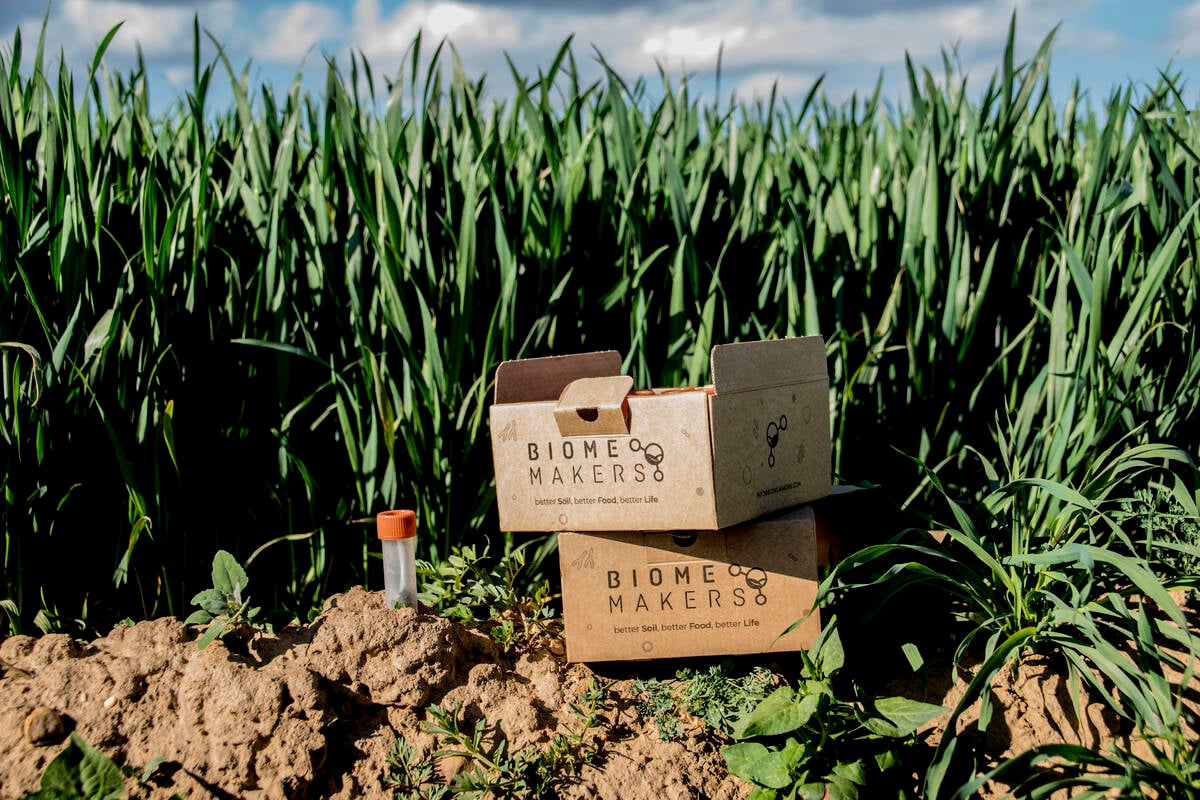
“It’s an invitation for the grower to review the results.”
The move comes at a time when biologicals — agricultural inputs derived from living organisms or natural materials — are under growing scrutiny. Interest is rising, but so are questions about how well these products work and how they work at all.
Biologicals face a unique challenge, said Oleg Yakhin, lead author of a 2017 global review of biostimulants published in Frontiers in Plant Science. Unlike conventional inputs, they often lack a clearly defined mode of action, complicating regulation and product comparisons.
“There are few products for which a specific biochemical target site and known mode of action has been identified,” Yakhin said.
As well, he added, products can come from a wide range of sources, including bacteria, fungi and seaweed, while varied manufacturing processes add further complexity. That diversity makes it difficult to group products or predict performance.
Despite these hurdles, he said proof of safety and efficacy — regardless of whether the mechanism is fully understood — is essential for broader acceptance.


